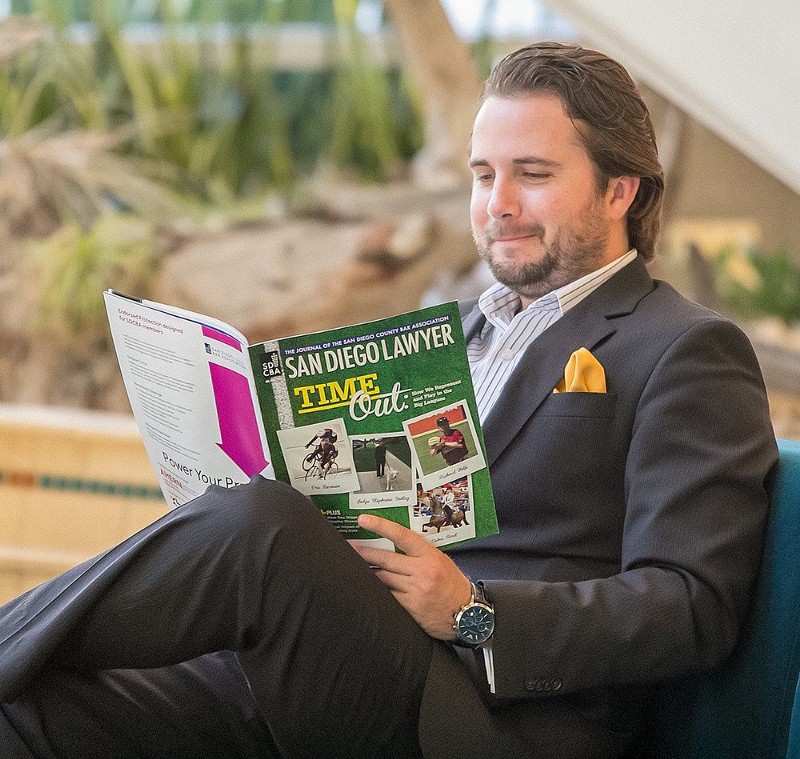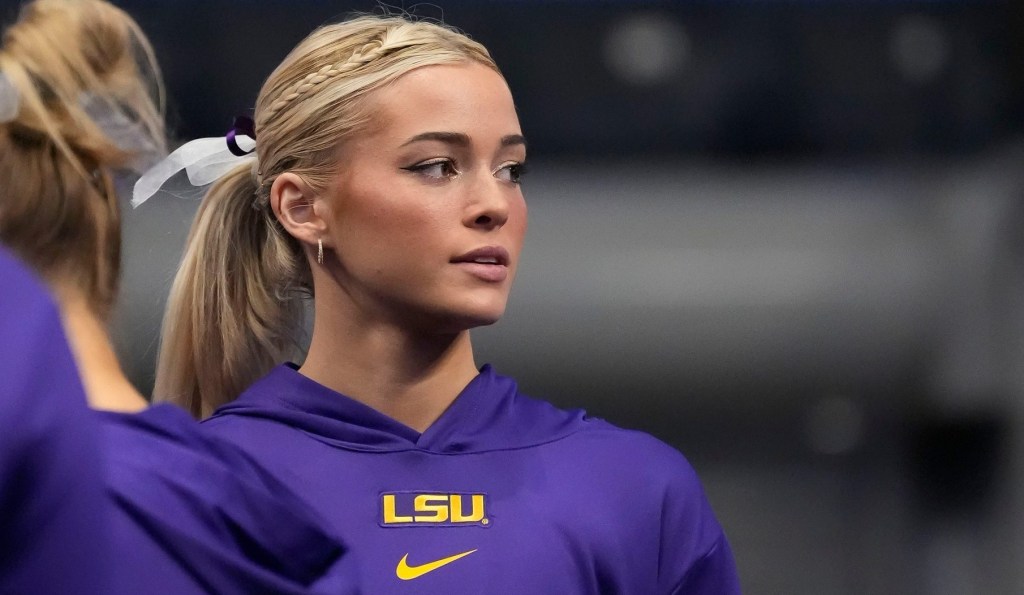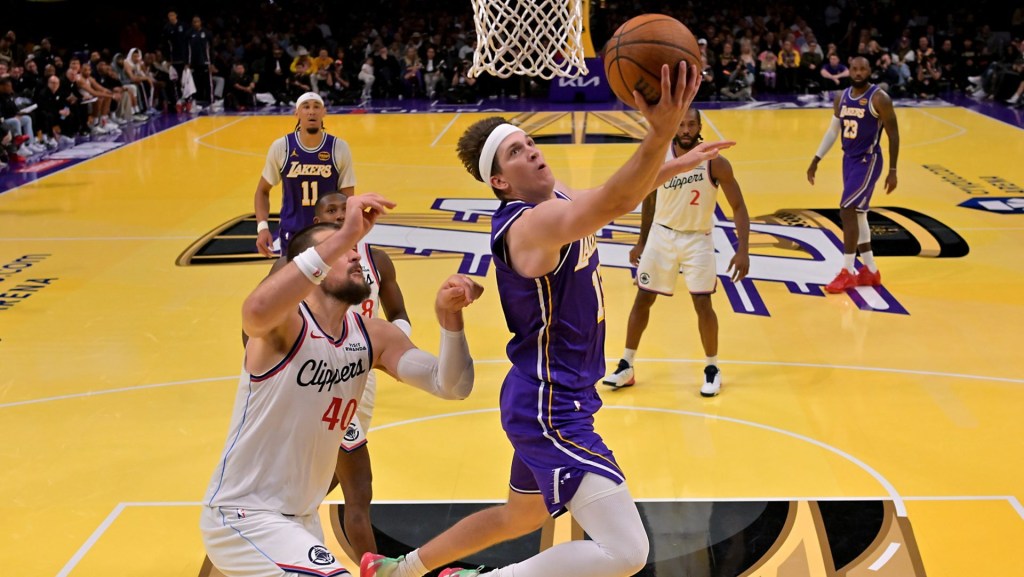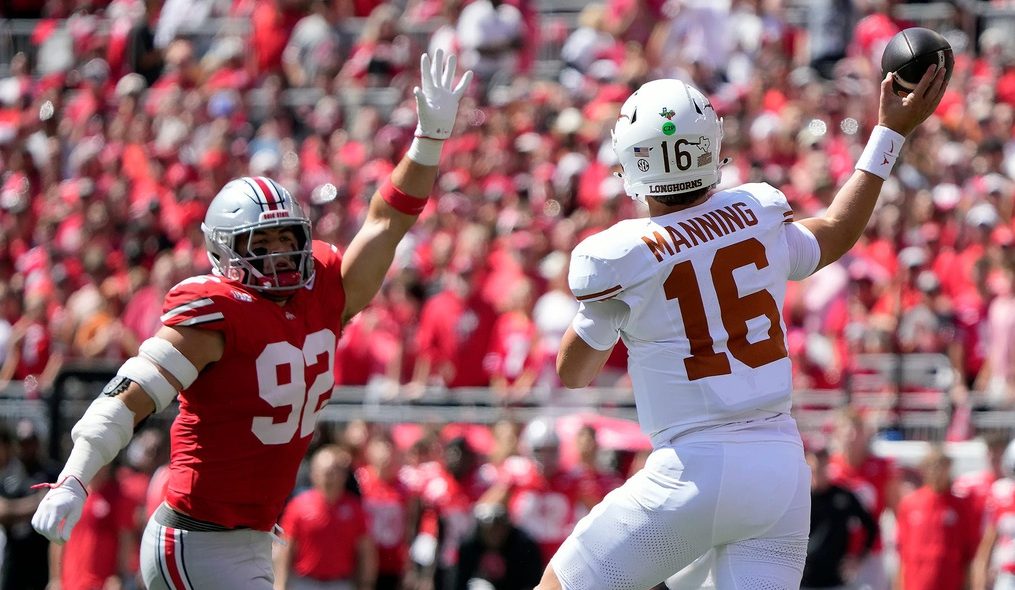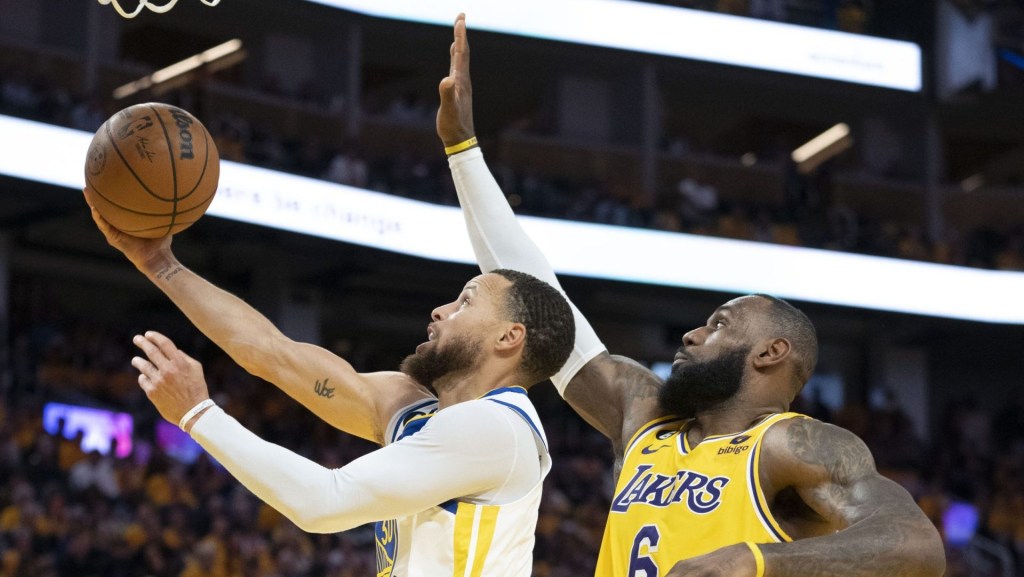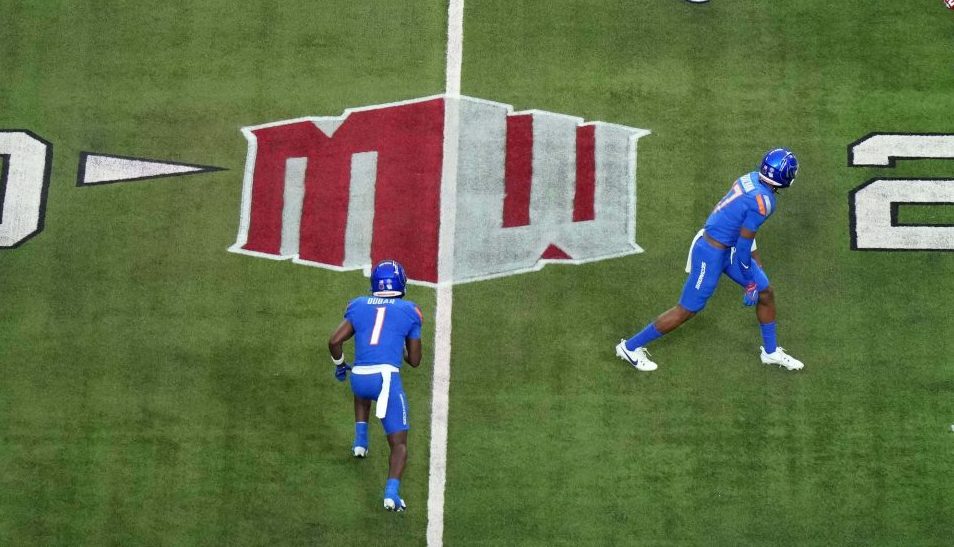By: Chase McCaskill, @itsmechase

Front Office Sports recently had the privilege of speaking with Jeremy Evans, Managing Attorney at California Sports Lawyer. Jeremy began his career with aspirations of being a district attorney. As life sometimes does, his path was redirected and he developed a particular interest in sports and entertainment, partially trigged through his years of participation in the National Baseball Arbitration competition. After a short stint working for the San Diego Superior Court, Jeremy pursued his dream of opening up his own sports, entertainment, and business practice where he currently plies his trade. Jeremy was kind enough to offer up the story of his legal career journey as well as motivation for students in law school, the skills that make a successful sports attorney, and some of the biggest challenges he faced in setting up his own firm.
Can you talk a little about your journey into sports law and what you do today?
I initially wanted to be a district attorney…I was involved in all three years at the National Baseball Arbitration competition in New Orleans. I competed on that team for three years and, upon graduation, became the coach of the team, which won the championship in 2012. When I graduated, I worked for the Superior court for about a year…but due to budget cuts, they had to let me go.
Ironically, when my boss informed me of the cuts, I had a big smile on my face, and she said ‘Jeremy, why are you smiling?’ But, as much as I loved working there, that was the kick in the pants that I needed to open my own practice and expand. Making the decision to open my own practice is probably one of the hardest decisions I have ever made in my life because you’re going out on your own.
Although, once I made that decision, everything after seemed easier because making the decision was the hardest part. Once you commit to [opening your practice], everything in comparison to it is fairly easy. I decided to start out in sports with criminal defense work. What I quickly found out…was that I really don’t like this area of work (criminal defense), so I decided to move into sports, entertainment, and business.
What was one book you read that really helped to shape your career?
The greatest piece of advice that I got was from Make it your Own Law Firm by Spencer Marc Aronfeld. Make a list of four to five lawyers in each areas of practice that you would like practice law. Then, go out and meet with those lawyers. Before I opened my own practice, I spoke with about 60 lawyers in a very short period of time.
Law school can be a bit tedious, any bit of motivation for sports law students out there?
The one great thing about sports law is that it is an ever-expanding field, and it’s not one certain thing. When someone says, what is sports law, my answer is: I don’t know? The truth of it is that the individual athlete side is only the beginning. There are more opportunities than just representing athletes. I would encourage folks to look beyond representing athletes because it is a very difficult field to get into and very difficult once you are in.
What skills make a successful sports attorney?
Number one you HAVE to love people.
You have to be willing to adapt.
Be prepared. Know your clients’ situation, know the facts, and know what the other part desires.
What type of experience for students is most attractive for hiring managers in sports law?
When you’re in law school, you generally have very little experience. For me, the best thing to see is diversity, seeing somebody who has experience [for example] in employment law, labor relations, negotiating contracts, etc. Of course, it is important to have experience in the field you are trying to get into. An employer is most scared about putting money and investment into someone who is going to leave a few months down the road. Employers want to know their employee is going to be committed. Diversity of experience helps you to stay committed.
What are some of the biggest challenges you’ve faced thus far in your career as a sports attorney and in setting up your own firm?
The difficulty of dealing with the mental side of [setting up your own firm]. A lot of setting up your own practice is conquering the fear of setting up the firm. If you’re not taking risk, you’re not growing. For me, it was getting control of ‘I can do this, clients will come,’ and having the confidence to move forward. Now, within the practice, is learning more and more how to be adaptable to clients and their needs. Probably even more difficult than that is this idea of knowing how to read and understand people. A lot of that really just comes down to listening. Once you’re able to understand and read people, it helps you know which clients/cases to take on.
Now we know that no one starts out like Jerry McGuire, what does a student need to know heading into an entry-level position in sports law?
Number one is to have the right perspective, never look at someone and say, ’I don’t have what they have.’ Your own success is how you built it. Next, not everyone is going to be a big-time sports attorney and not everyone will want that…Know what it is you’re getting into and understand what that career entails [work-life balance]. You need to realize what your level of success is and what it is you want to accomplish. Most folks start out by saying they want to be an agent, but being in the sports/entertainment field is far more than being a talent or sports agent.
Parting Wisdom?
Build genuine relationships and make yourself of value to other people. You build relationships for the future.
We would like to thank Jeremy for his time and insight and we wish him all the best in his future endeavors!
You can follow him on Twitter here or connect with him on LinkedIn here!
If you would like to check out his firm, click on this link! https://www.csllegal.com
